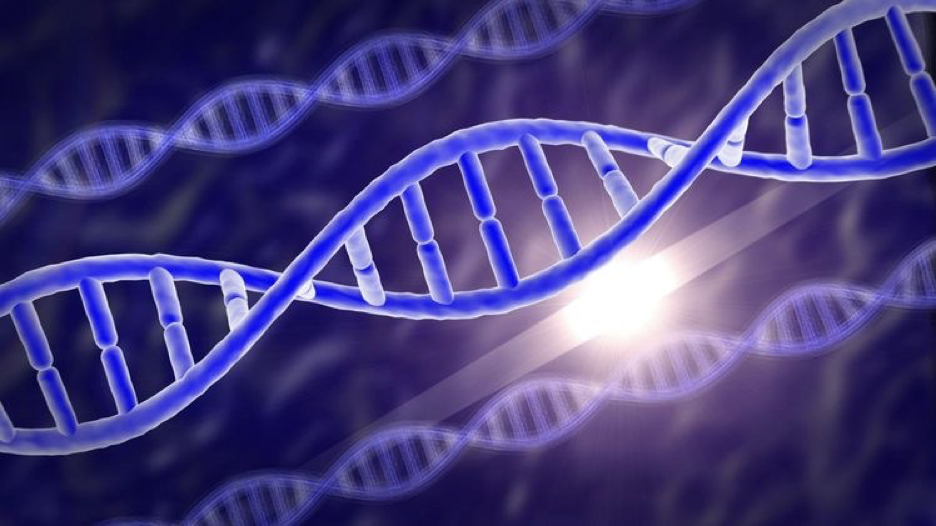In the contemporary era, there has been a surge in the adoption of personal DNA testing, captivating a broad audience due to its approachable nature and cost-effectiveness. These avant-garde direct-to-consumer DNA testing kits hold the alluring potential to unveil one’s genetic lineage and gain profound insights into ancestry, health predispositions, and individual characteristics. As this cutting-edge technology unfurls a myriad of exciting prospects, it also beckons contemplation on weighty ramifications and delicate privacy concerns, necessitating thoughtful deliberation and attention.
The discovery of the perplexing features within our genetic blueprint is at the heart of personal DNA testing. Consumers have access to a comprehensive report detailing their ethnic background, retracing their ancestors’ migration routes, and maybe revealing cross-continental family relationships with just a saliva sample. Beyond ancestry, some DNA testing businesses also include health-related information, like genetic predispositions to particular diseases and personalised food and exercise advice, making the experience even more profound and significant.

In addition to satiating ancestry-related curiosity, personal DNA testing can provide insightful medical information. Individuals can make educated judgments about their health and even take preventive steps when they are aware of their hereditary susceptibility to a certain disease. Aggregated genetic data from these tests support research initiatives on a larger scale, advancing customised medicine and precision healthcare.
Personal DNA testing raises considerable concerns, most of which revolve around the crucial issue of privacy. Giving commercial companies access to a person’s genetic information raises concerns about the possibility of data misuse and security breaches. Due to the extreme closeness of genetic data, it can be used for a variety of purposes, such as discriminatory insurance practices, targeted marketing campaigns, or even to obstruct investigations by law enforcement. To protect people from any potential harm that may result in this area, dealing with these urgent concerns necessitates a careful and thorough study.
The vast majority of their clients’ sensitive genetic information is collected by DNA testing businesses. The safety and confidentiality of sensitive data must be guaranteed at all costs. Regardless of their best efforts, no system is completely impervious to data intrusions. Sensitive information could be exposed in a big breach, having substantial repercussions for people like identity theft and privacy breaches.
Customers frequently choose to volunteer their genetic information for research projects, a practice that is supported by many DNA testing businesses looking to improve their services and advance the field of science. This symbiotic partnership has the potential to catalyze medical discoveries while also advancing innovation and understanding. However, people should use caution when deciding how widely to share their data, taking into account any potential consequences. Finding a careful balance between development and privacy becomes crucial in order to protect everyone’s rights and interests while maintaining the collaborative pursuit of knowledge’s ethical foundation.

Personal DNA testing raises moral and legal questions that society must address. For instance, it has been questioned how to strike a balance between public safety and individual privacy when law enforcement authorities have used public DNA databases to identify suspects in criminal cases. Furthermore, there has to be strong legal safeguards in place to address the possibility of genetic discrimination in the workplace, insurance, and other contexts.
As a relatively new market, personal DNA testing lacks thorough regulation and established procedures. The accuracy and reliability of test results are called into question because there are no established rules. Consumers may be given contradictory or false information, which can result in unneeded concern or even poor medical judgments.
Consumers must be informed about the implications of personal DNA testing in order to give informed permission and successfully resolve privacy issues. For people to understand the constraints and possible risks connected with sharing their genetic information, genetic literacy is essential.
By embracing the rapidly expanding field of personal DNA testing, people are given access to a world full of fascinating prospects, including an exploration of their genetic background and the discovery of health-related insights. However, the attraction of this cutting-edge quest shouldn’t eclipse the crucial privacy issue, which demands close attention. Achieving a harmonious balance between scientific progress and individual privacy becomes the pivot of progress as technology advances. As this trip develops into a thorough examination of identity and health, protecting the rights and wellbeing of customers is crucial in maximizing the potential of personal DNA testing.
Sources
- https://www.ncbi.nlm.nih.gov/pmc/articles/PMC7846620/#:~:text=DNA%20ancestry%20testing%20affected%20individuals,genetic%20tests%20in%20the%20future.
- https://link.springer.com/article/10.1007/s12687-020-00481-5
- https://www.triplepundit.com/story/2018/dna-testing-popular-many-are-unaware-privacy-concerns/55936
- https://www.pnas.org/post/journal-club/study-uncovers-new-privacy-worries-for-direct-to-consumer-dna-testing
- https://amp.theguardian.com/technology/2021/feb/09/23andme-dna-privacy-richard-branson-genetics




